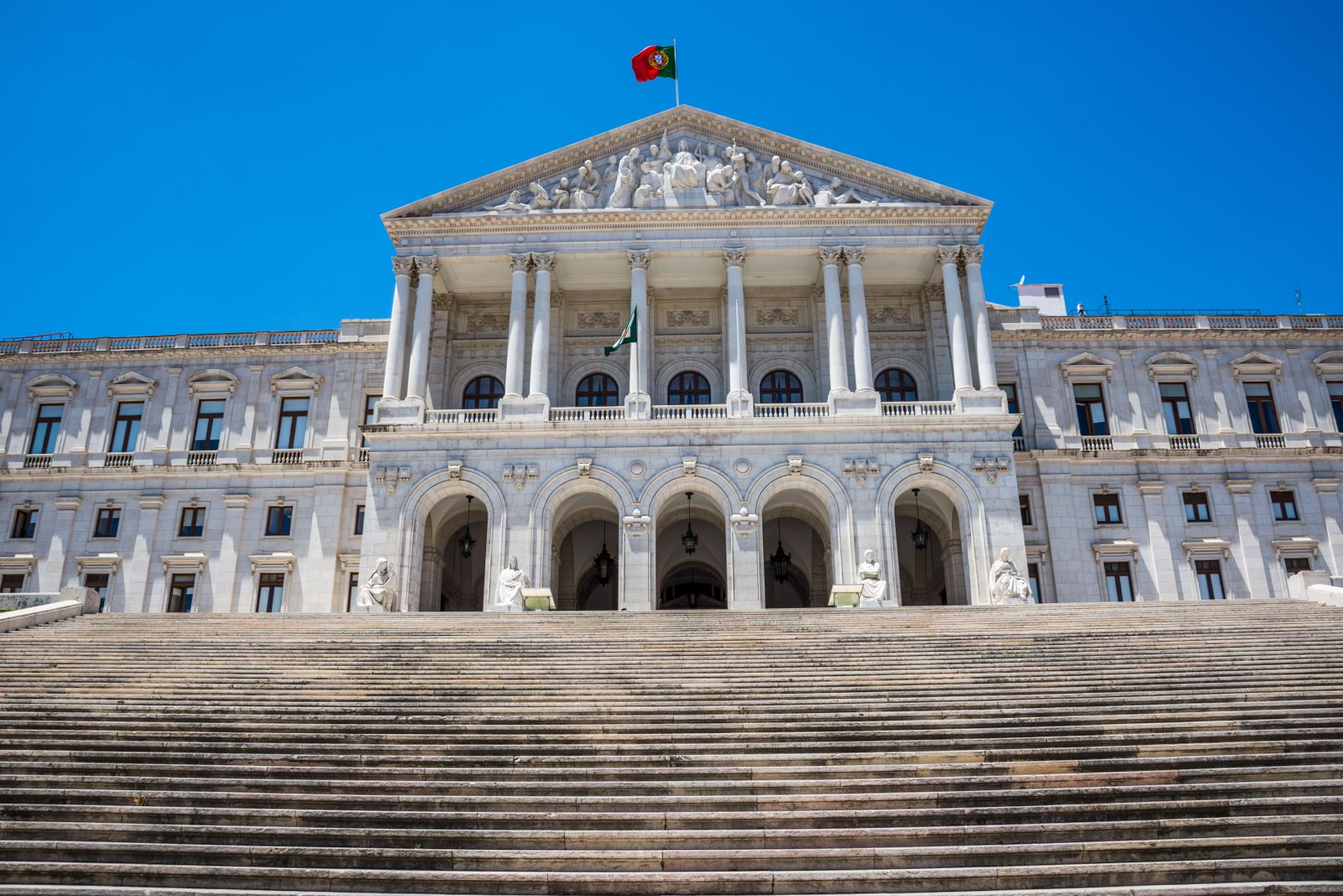Jump to other articles:
- Panama Golden Visa Changes Explained: What Applicants Need to Know in 2026
- Portugal Golden Visa Alternatives to Consider in 2026
- Why Having Multiple Passports Matters Now More Than Ever Before
- Program Bundling In Investment Migration: A Strategic Planning Approach
- Exploring Malta: A Refined Guide for Prospective Residents
Portuguese Citizenship Law Approved by Parliament — Awaiting Presidential Action

The Portuguese Parliament has approved a new Citizenship Law that introduces significant changes to the nationality process for foreign residents, including stricter eligibility requirements and a redefined residence timeline. However, despite parliamentary approval, the law is not yet in effect. Under the Constitution, the President of the Republic must now decide whether to promulgate the law, veto it with a reasoned message, or request a preventive review of its constitutionality. Until this decision is made, the legislative process remains incomplete, and the proposed changes cannot be applied.
What Happens Next? Three Options:
- Promulgation
Once the law is approved by Parliament, the President has the option to promulgate it. This means formally enacting the law, allowing it to be published and enter into force.
- Veto
Alternatively, the President may veto the law by returning it to Parliament with a reasoned message. This action does not preclude enactment, as Parliament may amend the text or override the veto in accordance with constitutional procedures but need a ⅔ majority to do so.
- Request for Preventive Constitutional Review
The President may refer the law to the Constitutional Court for preventive review if constitutional concerns arise, particularly regarding fundamental rights or institutional balance. The Court must issue its ruling within 25 days, or sooner if urgency is declared.
Enhanced Requirements for Citizenship
The newly approved Citizenship Law introduces a more rigorous set of requirements for long-term residents seeking naturalisation, with particularly significant implications for Golden Visa holders.
Under the revised legislation, Golden Visa beneficiaries must now complete a minimum of ten years of legal residence in Portugal before becoming eligible for citizenship. This marks a notable increase from the previous five-year threshold that applied universally, and would substantially extend the naturalisation timeline for investment-based residents.
In addition to the extended residence requirement, applicants must meet elevated integration standards. These include demonstrating proficiency in the Portuguese language and a substantive understanding of the country’s culture, history, national symbols, and political structure. Applicants must also show awareness of the fundamental rights and duties associated with Portuguese nationality.
Further conditions include a formal declaration of adherence to democratic principles, proof of financial self-sufficiency, and confirmation that the applicant is not subject to international sanctions. The law also tightens criminal eligibility criteria by lowering the disqualification threshold from three years to two for criminal convictions, while maintaining the requirement that applicants pose no threat to national security.
Residence Period Recalibrated
A particularly consequential amendment for Golden Visa beneficiaries concerns the recalibration of the residence period required for citizenship eligibility. Under the previous legal framework, the five-year qualifying period was calculated from the date of submission of the initial residence application. The newly approved legislation, however, stipulates that this period will now commence only from the date on which the first residence permit is formally issued. For Golden Visa investors—whose application and processing timelines often involve extended intervals—this change may result in a substantial delay in meeting the eligibility threshold for naturalization.
Transition Period and Legal Uncertainty
Although the law will take effect upon its official entry into force, it does not offer protection for pending or ongoing residence applications. Any administrative procedures still in progress at that time will be assessed under the current law, based on the requirements in place at the time of submission.
This lack of a transitional regime has sparked concern among legal experts. Despite proposals for a grandfather clause during parliamentary discussions, no such provision was included in the final version. Critics argue that this omission could lead to constitutional challenges, particularly for applicants who began their residency journey under the previous rules.
Final Thoughts
For foreign residents in Portugal, especially those nearing the end of their residence period, the new law introduces both complexity and uncertainty. With longer timelines, stricter requirements, and no transitional protections, applicants may need to reassess their plans and seek guidance to navigate the evolving landscape.
 Back to News
Back to News